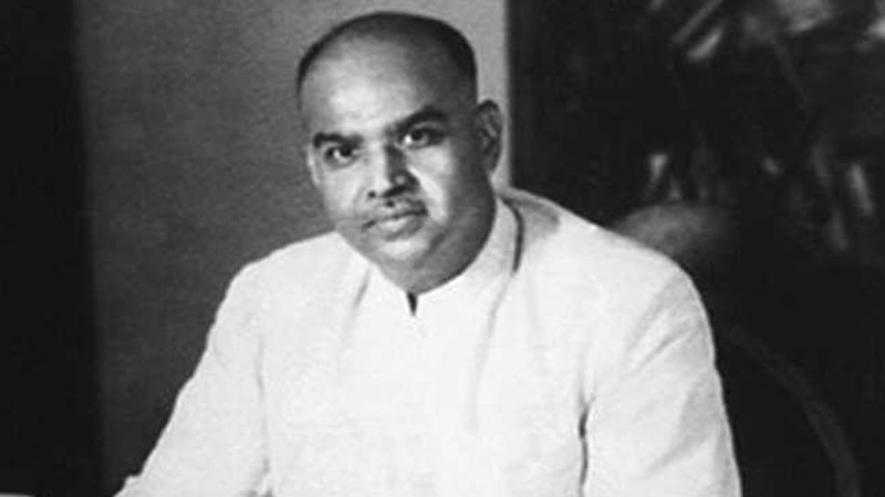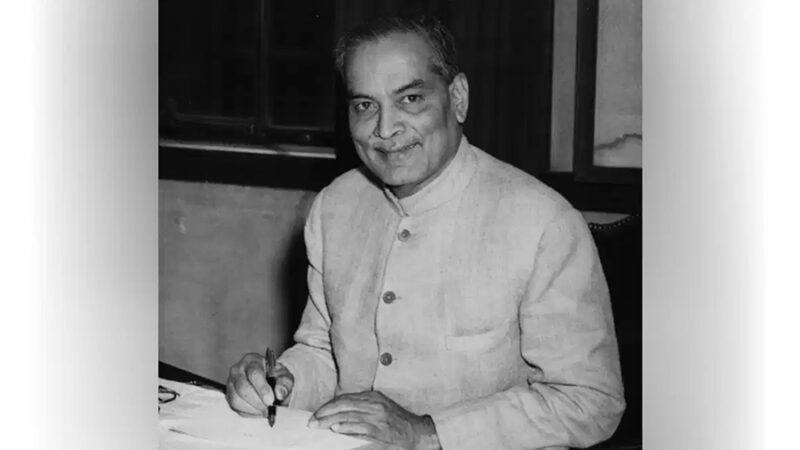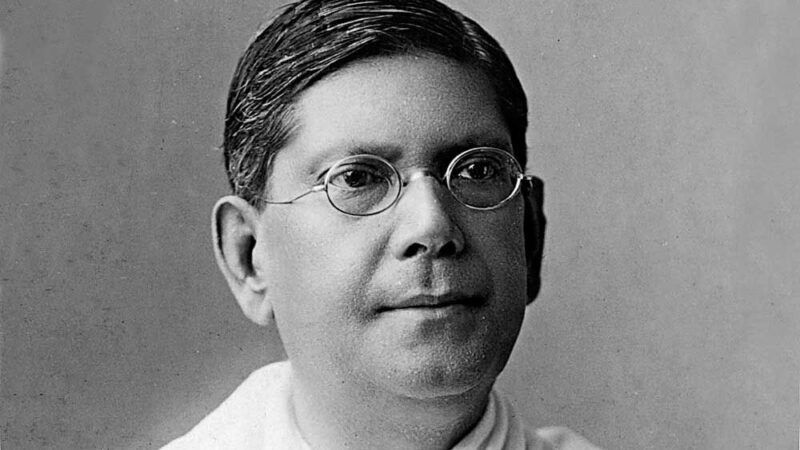Shyama Prasad Mukherjee: The Fearless Visionary Who Shaped Modern India

Shyama Prasad Mukherjee: The Fearless Visionary Who Shaped Modern India
Introduction
Shyama Prasad Mukherjee was one of India’s most influential leaders, widely known for his role in shaping modern Indian politics. As the founder of Bharatiya Jana Sangh, the forerunner of today’s Bharatiya Janata Party (BJP), Mukherjee played a pivotal role in advocating for national integration, education, and economic development. His efforts in shaping post-independence India remain unparalleled, making him a key figure in Indian history.
In this detailed article, we explore his early life, contributions to politics and education, his vision for India, and his lasting legacy.
Early Life and Education
Born on July 6, 1901, in Kolkata (Calcutta), West Bengal, Shyama Prasad Mukherjee hailed from an illustrious family. His father, Sir Ashutosh Mukherjee, was a renowned educationist and served as the Vice-Chancellor of Calcutta University. Influenced by his father’s academic brilliance, Mukherjee pursued higher education with distinction.
He completed his B.A. from Presidency College, Calcutta, and later pursued a law degree in England, where he became a barrister at Lincoln’s Inn. With an exceptional academic record, Mukherjee was one of the youngest Vice-Chancellors of Calcutta University at the age of 33. His contribution to education laid the foundation for several reforms in the Indian education system.

Political Career and Role in the Indian Freedom Movement
Shyama Prasad Mukherjee entered politics at a crucial time when India was fighting for independence. Initially associated with the Indian National Congress, he later joined the Hindu Mahasabha and eventually became its president in 1944.
He strongly opposed the idea of partition and worked towards ensuring the safety of Hindus in newly created Pakistan. He was vocal about the need to protect India’s cultural identity, national unity, and sovereignty. Mukherjee also played a crucial role in ensuring that West Bengal remained a part of India after partition, preventing it from being merged with East Pakistan (now Bangladesh).
Formation of Bharatiya Jana Sangh
In 1951, Shyama Prasad Mukherjee founded the Bharatiya Jana Sangh (BJS), a nationalist political party, with the vision of making India self-reliant and culturally strong. The party laid the groundwork for what would later become the Bharatiya Janata Party (BJP).
His ideology focused on:
- Nationalism and Unity
- Economic self-reliance
- Cultural preservation
- Strengthening India’s borders
- Educational and industrial growth
Under his leadership, the BJS became a significant opposition force against the Congress, shaping Indian politics in the years to come.

Stand Against Article 370 and Kashmir Issue
One of Mukherjee’s most defining political struggles was his opposition to Article 370, which granted special status to Jammu and Kashmir. He strongly believed that there should be “One Nation, One Flag, One Constitution” and opposed any division within the country.
In 1953, he led a movement to protest against the permit system that restricted Indians from entering Jammu and Kashmir. As a result, he was arrested by the Jammu and Kashmir government. Tragically, under mysterious circumstances, he passed away in detention on June 23, 1953. His death remains a subject of debate and controversy even today.
Contributions to Education and Economic Policies
Apart from politics, Mukherjee was a visionary educationist and economic thinker. He worked tirelessly to improve the quality of education and make it more accessible to Indians. His tenure as India’s first Minister of Industry and Supply saw significant industrialization policies that helped shape India’s economy.
He advocated for:
- Strengthening India’s higher education system
- Encouraging indigenous industries
- Promoting scientific research and development
- Establishing national institutions for technical and professional training
His contributions led to major advancements in India’s economic and educational sectors. He also played an instrumental role in the establishment of several institutions that laid the groundwork for India’s technological and industrial development.

His Vision for a Strong and Self-Reliant India
Mukherjee envisioned an India that was economically independent and culturally strong. He believed in Swadeshi (self-reliance) and encouraged the use of indigenous resources to build a self-sustaining economy. He argued that India needed to focus on industrialization while preserving its cultural and traditional roots.
His speeches often emphasized the importance of economic reforms, national security, and social harmony. Mukherjee foresaw that India needed a robust education system that could produce skilled professionals to compete globally. He was a firm believer in balancing modern development with cultural heritage.
Legacy and Influence on Indian Politics
Shyama Prasad Mukherjee’s impact on India’s political and educational landscape is still evident today. His contributions inspired generations of leaders, and his ideology continues to shape India’s governance. Some key aspects of his legacy include:
- BJP’s Ideology: The present-day Bharatiya Janata Party (BJP) traces its roots back to his leadership in Bharatiya Jana Sangh.
- Kashmir Integration: His opposition to Article 370 played a significant role in later political developments, eventually leading to its abrogation in 2019.
- Nationalism and Self-reliance: His vision of a strong, self-reliant India continues to influence India’s economic and political strategies.
- Education Reforms: His emphasis on higher education and technical training helped shape India’s academic institutions.
Conclusion
Shyama Prasad Mukherjee was a nationalist leader, a fearless politician, and a visionary educationist whose contributions to India remain invaluable. From founding Bharatiya Jana Sangh to fighting for national integration, his efforts left a lasting impact on Indian politics and society.
His ideals continue to inspire millions, and his legacy remains a cornerstone of India’s political and educational framework. As we reflect on his contributions, Mukherjee’s vision of a united, strong, and self-reliant India serves as a guiding force for the nation’s future.
For More Post about Bengali Legends please visit Bengali Legends
Follow Us for on Social Media: Facebook | Instagram | Pinterest | Twitter | YouTube






